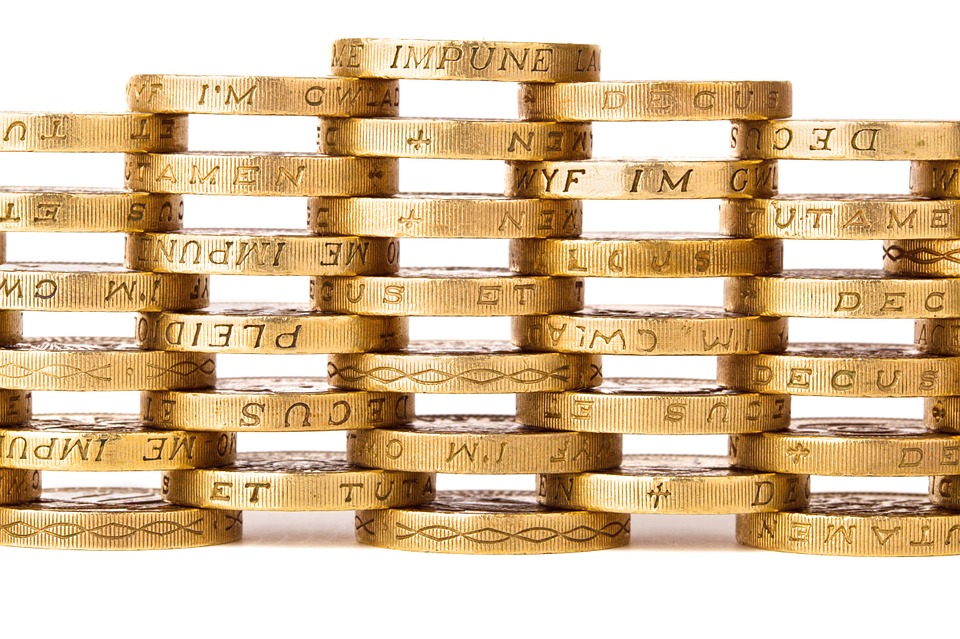From 6 April 2016, the way dividend income is taxed will change significantly. The changes will affect hundreds of thousands of small business owners, many of whom will see a big jump in the amount of tax they will have to pay.
At present, company dividends are treated as ‘tax paid’ in the hands of shareholders. However, from April 2016 the tax treatment of dividends will be altered dramatically, and as you can imagine, this isn’t going to result in limited company directors paying less tax!
Currently (up to the tax year 2015/16), dividends are received with a notional tax credit – one-ninth of the dividend – and higher rate taxpayers have to pay some extra tax on top of that.
But, from April 2016, every individual will receive an annual £5,000 tax-free limit for dividend income. Dividend income over £5,000 will be subject to taxed at varying rates, depending on your personal circumstances.
From April 2016 dividend income over £5,000 will be taxable
Dividend income of over £5,000 (and after using up any remaining personal allowance) will be taxed at 7.5% for basic rate taxpayers, 32.5% for higher rate taxpayers and 38.1% for those on the highest incomes who pay additional rate income tax.
The impact of these changes will fall particularly on smaller businesses, where owner-managers take income from their companies as a mixture of salary and dividends.
The following tables illustrate the possible financial effects the dividend tax changes will have on how much tax both sole traders and limited company directors have to pay:
Tax Year 2015/16
|
Annual Profit |
Sole Trader |
Limited Company |
Difference |
| £30,000 | £6,000 | £4,388 | £1,612 |
| £40,000 | £8,900 | £6,388 | £2,512 |
| £50,000 | £12,790 | £9,053 | £3,737 |
| £75,000 | £23,290 | £19,053 | £4,237 |
Tax Year 2016/17
|
Annual Profit |
Sole Trader |
Limited Company |
Difference |
| £30,000 | £5,920 | £5,109 | £811 |
| £40,000 | £8,820 | £7,709 | £1,111 |
| £50,000 | £12,630 | £10,309 | £2,321 |
| £75,000 | £23,130 | £21,462 | £1,668 |





 What’s more, Andrew’s many years of experience means that there are few situations that he has not encountered meaning the advice he offers is based on a working knowledge not text book learning.
What’s more, Andrew’s many years of experience means that there are few situations that he has not encountered meaning the advice he offers is based on a working knowledge not text book learning.